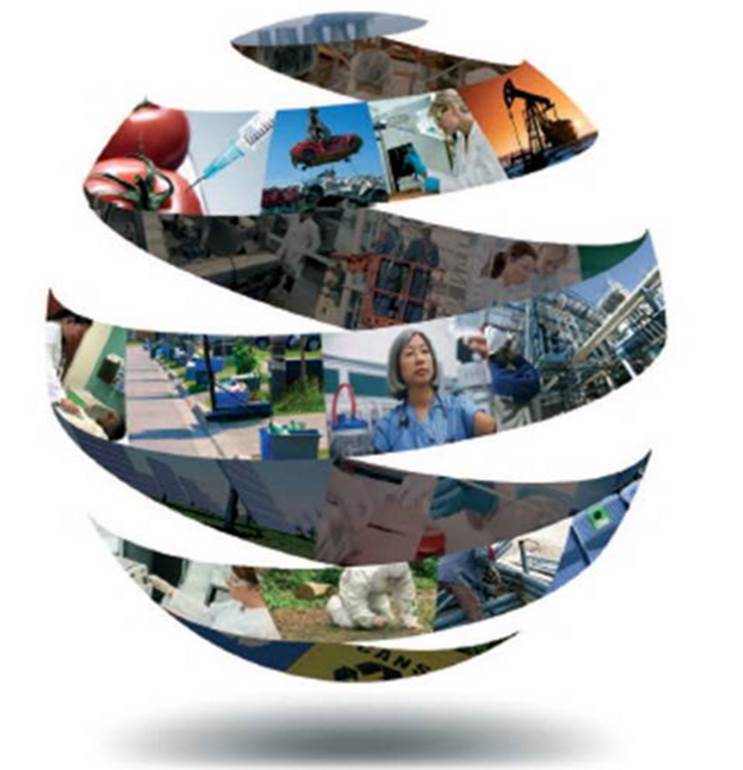Case Study
Global accreditation system core to the Trans-Pacific Partnership (TPP)
The Trans-Pacific Partnership (TPP) is a trade agreement, released on November 5th 2015, between twelve Pacific Rim countries. The agreement’s goal is to promote economic growth; support the creation and retention of jobs; enhance innovation, productivity and competitiveness; raise living standards; promote transparency, good governance, and enhanced labour and environmental protections.
Accreditation, recognised by existing regional and international mutual recognition Arrangements (the ILAC MRA and IAF MLA) is referenced as being as a key measure to support trade through the removal of technical barriers.
The twelve Pacific-rim countries include Mexico, New Zealand, Australia, Brunei, Chile, Singapore, Canada, Japan, Malaysia, Peru, Vietnam and the USA.
Access the agreement’s table of contents.
Access the chapter that refers to Technical Barriers to Trade.












